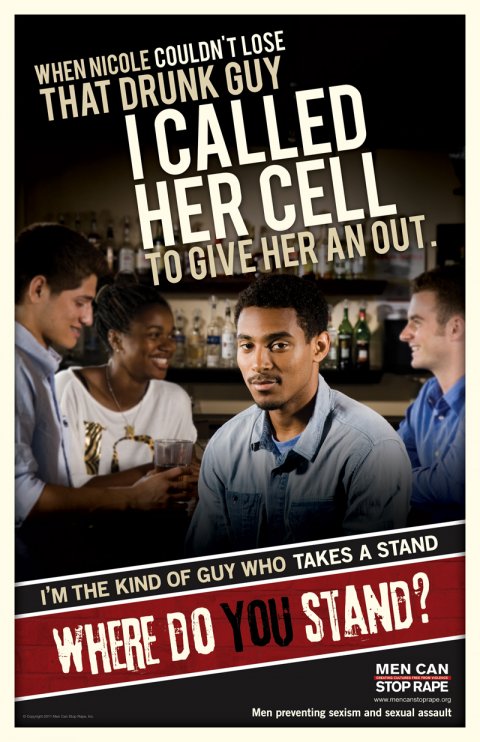Workplaces across Australia and globally need male leaders to take a gender-inclusive approach. Yes, this makes workplaces better for women. But it also improves workplaces for everybody, including men.
What's new
The tension between attention to men’s privilege, on the one hand, and men’s disadvantage, on the other, is a fundamental one in efforts to understand and work with men and boys.
Debates over how to understand men’s and boys’ social positions have been part of self-conscious attention to men and masculinities since the beginnings of this work in the early 1970s. There have been competing understandings of men’s social situations in different strands of men’s organising (pro-feminist, men’s liberation, mythopoetic, and anti-feminist), and these disagreements persist today.
Abstract:
In efforts aimed at greater gender equality, there is a growing emphasis on promoting positive or healthier masculinities. Aiming for healthier masculinities that embrace equality, respect, non-violence and care means encouraging boys and men to be more conscious of how enactments of masculinity and traditional norms of masculinity can be harmful to women and girls, to gender diverse people, and to boys and men themselves.
In efforts aimed at greater gender equality, there is a growing emphasis on promoting positive or healthier masculinities. Aiming for healthier masculinities that embrace equality, respect, non-violence and care means encouraging boys and men to be more conscious of how enactments of masculinity and traditional norms of masculinity can be harmful to women and girls, to gender diverse people, and to boys and men themselves.
Exposure to and use of pornography is routine among young men. Males are more likely than females to intentionally use pornography, to do so regularly, and to first view it at a young age (Crabbe et al., 2024; eSafety Commissioner, 2023). In an Australian study of 15–29-year-olds, 100% of males and 82% of females reported ever viewing pornography (Lim et al., 2017). In another study among young people aged 15-20, over four-fifths (86%) of young men and over two-thirds (69%) of young women had seen pornography.
Globally, 90% of firearms homicides are committed by men, and men also make up the vast majority of the victims. The highest rates of homicide are mainly found in cities in the Americas, including the Caribbean, and southern Africa., mainly in cities. “Men killing men” disproportionately affects young people in the Global South who live in precarious economic circumstances. This has been the consistent demographic of lethal armed violence for decades.
How can we engage male students and staff on campus in violence prevention?
I want you to think for a moment about the young men you see every day on your campus. The young men in your classrooms, in the cafetaria, in the college residences, and so on.
The latest XY blogs
More great reading
Also in XY...
- Articles - Over 200 articles on a wide variety of issues, sorted by author or date
- Blog - Read the XY blogs
- Write / Publish - How to contribute to XY.
- Links - A comprehensive collection of over 600 online resources
- The Men’s Bibliography - A comprehensive bibliography of writing on men, masculinities, gender and sexualities
- What is XY? - Who we are, what we do
- Image gallery - All the images on XY
- Contact - Get in touch with XY
- Donate - If you think XY is a good thing, send us some money!
You can also:




